Bulgarian President Rumen Radev has criticized the increasingly “pro-Kiev” stance of the government led by Prime Minister Nikolai Denkov, amid reports that the Balkan NATO and EU member state is preparing to send a new tranche of military aid to Ukraine, local media reported on July 14.
“I think it is time to start thinking soberly and objectively about the war in Ukraine and our attitude towards it,” Radev said, according to Bulgarian state news agency BTA.
Recalling British Defense Secretary Ben Wallace's remarks on July 12, on the sidelines of the NATO Summit in Lithuania, that "the United Kingdom is not a warehouse for the Ukrainian armed forces," Radev said Bulgarian government officials "should stop treating the Bulgarian army and its arsenal as a warehouse for foreign armies."
"Add fuel to the fire"
President Radev also rejected the arguments of Mr Denkov's new government, which took office in early June, trying to convince the public that sending military aid to Ukraine contributes to ensuring the country's security.
The Bulgarian leader asserted that pumping more weapons into Ukraine – the bill for which would be paid by the EU – would only “add fuel to the fire” and contribute to prolonging the conflict.
Previously, on July 13, the Bulgarian government announced that it had submitted to the country's parliament a draft on the latest military aid to Ukraine.
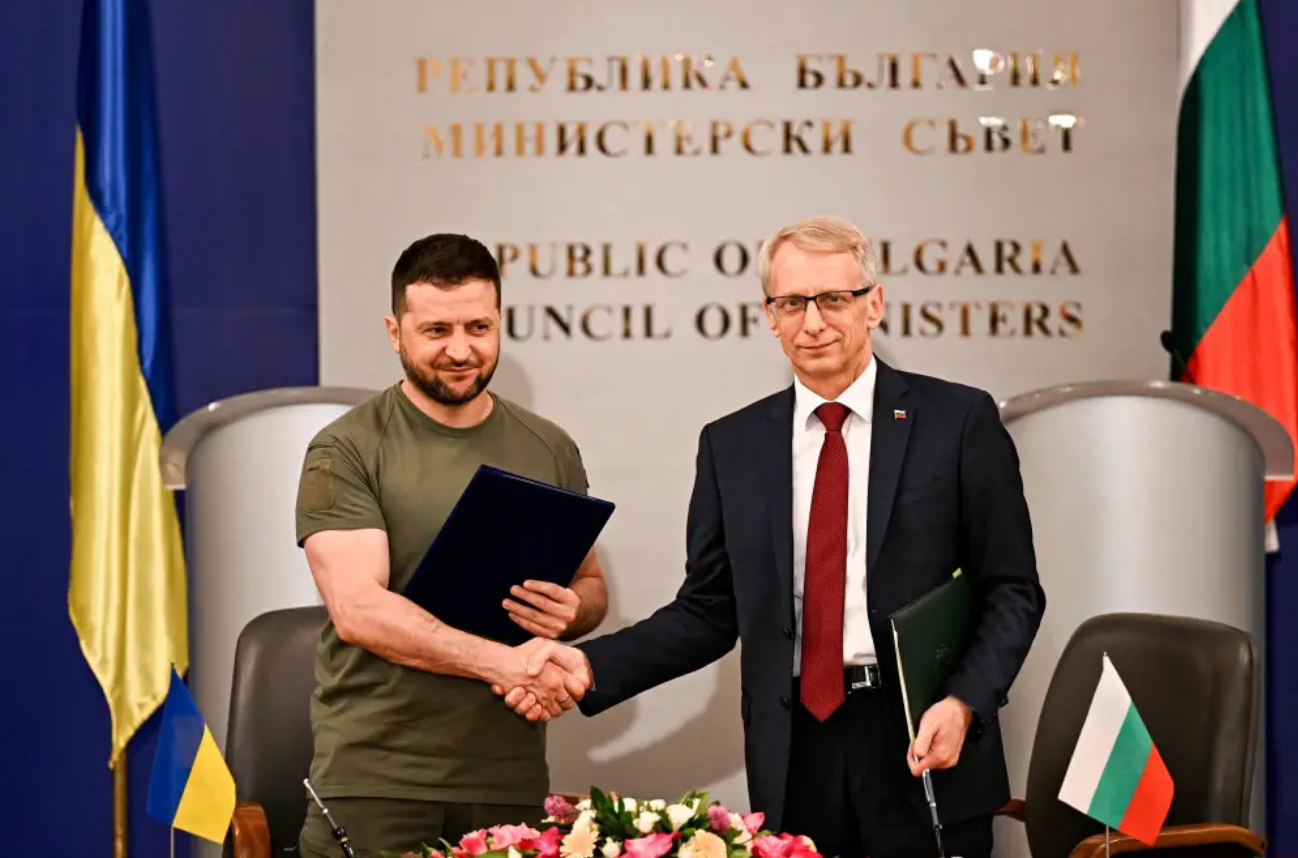
Ukrainian President Volodymyr Zelensky meets with Bulgarian Prime Minister Nikolai Denkov in Sofia, July 6, 2023. Photo: Defense Post
It will be the largest one-off military aid package – including 100 Soviet-era armoured vehicles from stockpiles, mainly infantry carriers – sent to Ukraine in Sofia’s first official decision to help Kiev with heavy equipment.
These vehicles were produced in the 1950s and 1960s and were purchased by the Bulgarian army in the 1980s but never entered service.
In addition to military aid, over the past 16 months, Ukraine has purchased weapons worth 2.5 billion euros from Bulgaria.
The draft, which is expected to be put to a vote in the Bulgarian parliament soon, comes a week after Ukrainian President Volodymyr Zelensky made a surprise first official visit to Sofia.
By the time Mr Zelensky’s seven-hour visit ended, the Bulgarian parliament had voted to sell to Ukraine Soviet-era equipment from the nuclear power plant in Belene, in the north of the country.
During a whirlwind visit to Sofia, the Ukrainian President had a heated exchange of words with the host country's President over the issue of military aid.
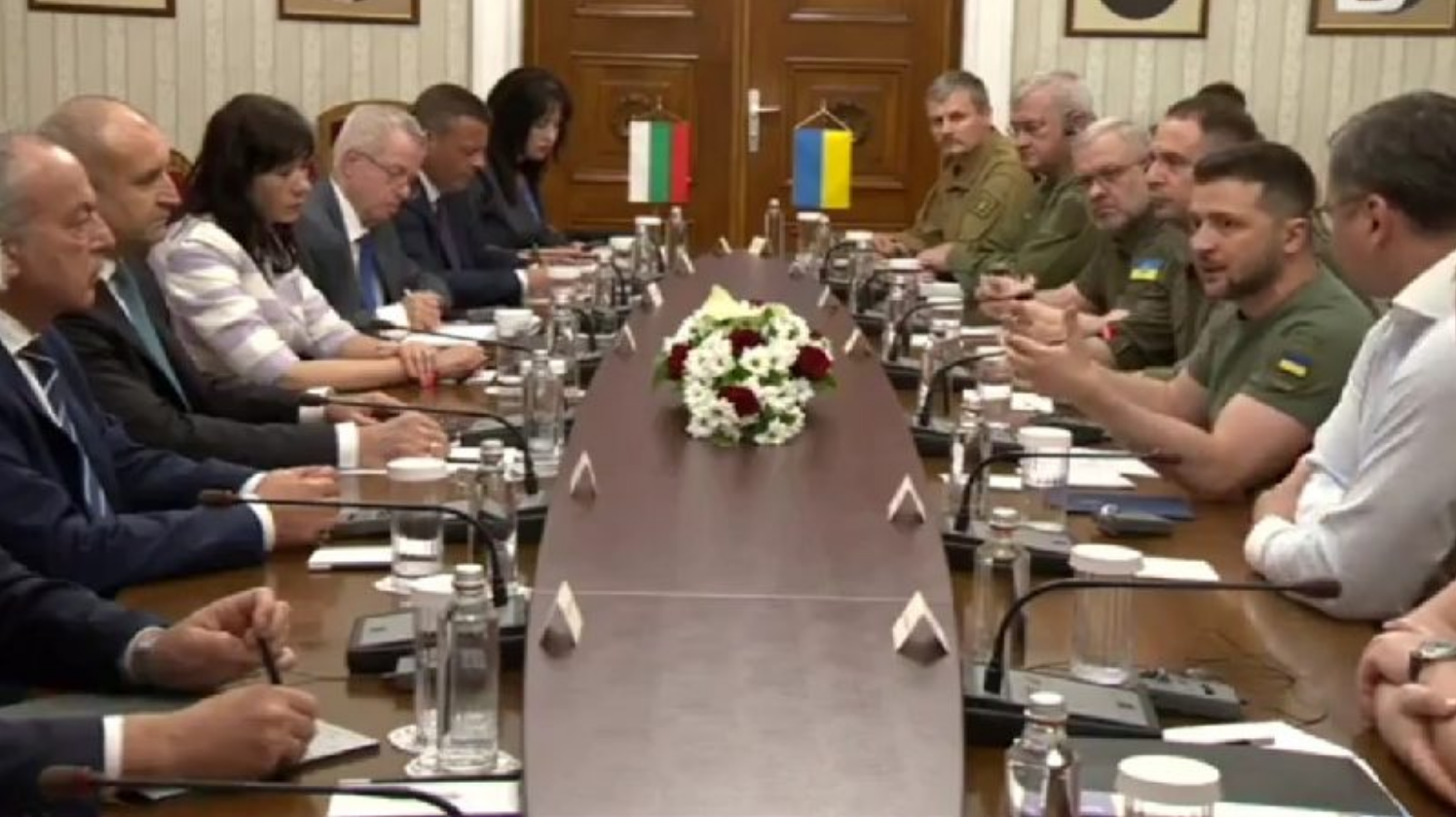
Bulgarian President Rumen Radev (second from left) holds talks with Ukrainian President Volodymyr Zelensky in Sofia, July 6, 2023. Photo: Euractiv
With large quantities of Soviet weapons and equipment in its arsenal, Bulgaria, which has a thriving arms industry, could be a key ally of Ukraine, which is trained and equipped with such weapons, in the fight against Russian forces.
In December, when Bulgaria was still run by a caretaker government, Mr Radev refused to send the old Soviet S-300 air defence systems that Ukraine wanted in exchange for $200 million worth of modern American air defence systems. Mr Denkov’s new “pro-EU” government hopes the US offer will still be valid.
Non-confrontational stance
President Radev, a former MiG-29 fighter pilot and head of the Bulgarian air force, has maintained a stance of avoiding confrontation with Moscow, while many of his European counterparts have changed their approach to Russian President Vladimir Putin since the outbreak of conflict in Ukraine.
Last October, when nine Eastern European countries expressed support for Ukraine’s accession to NATO, Mr. Radev did not sign the joint statement. “I did not sign the statement because at this moment it means a war between NATO and Russia,” Mr. Radev explained.
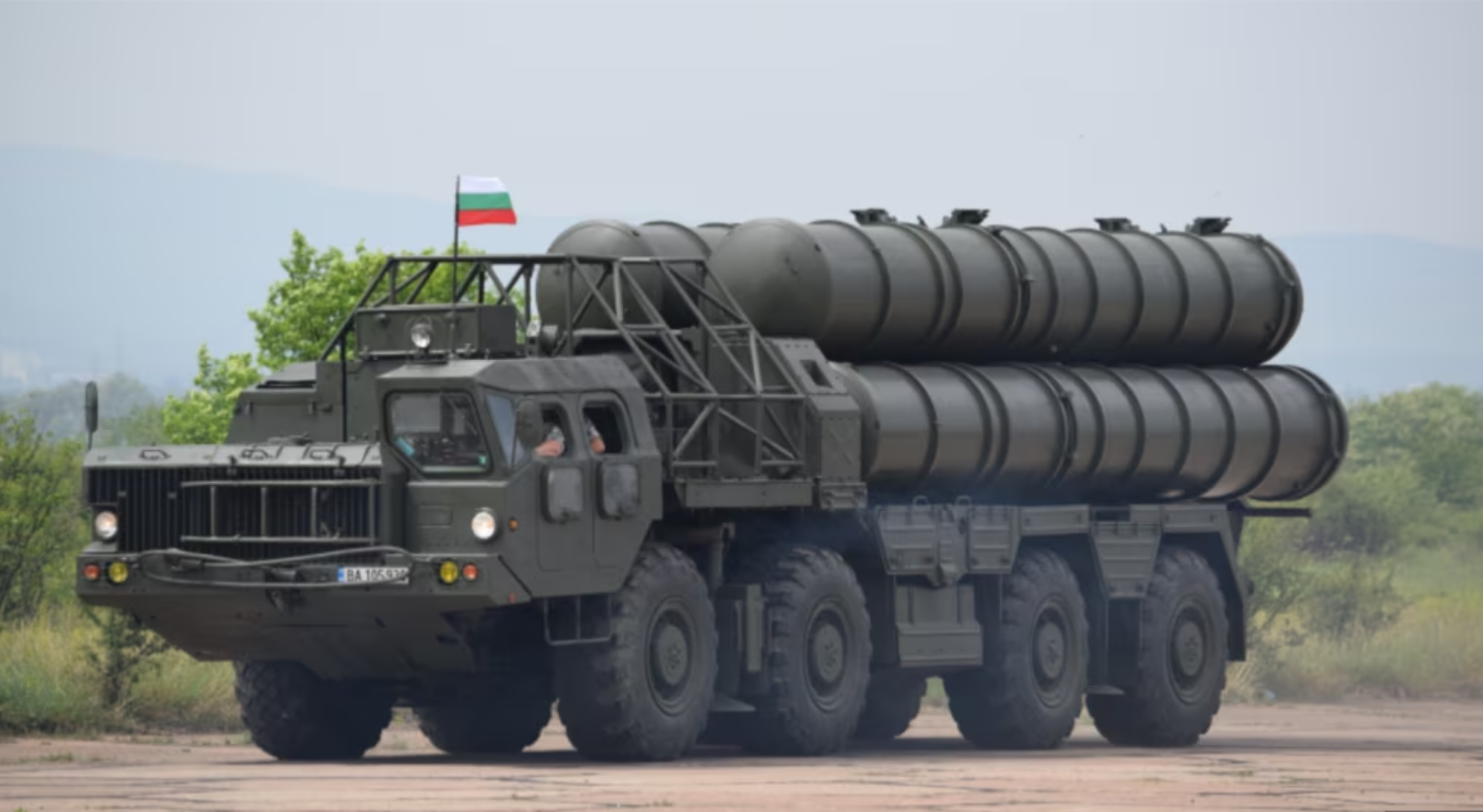
A Soviet-era S-300 air defense system. The system is still in service with the Bulgarian Army. The US reportedly asked Sofia to donate the system to Ukraine in exchange for more modern Western weapons. Photo: RFE/RL
After months of heated political debate, in November 2022, the Bulgarian parliament finally voted in favor of sending weapons to Kiev, a decision that angered President Radev.
“Bulgaria does not support and will not be part of a joint order for the supply of ammunition to Ukraine,” Radev told journalists in Brussels, after an EU summit in late March this year.
“Bulgaria is committed to sending ammunition for delivery to our partners and allies at their request, but not to Ukraine. Our country will support European diplomatic efforts to restore peace.”
Still, Mr. Radev also admitted that his country is interested in increasing ammunition production to replenish its own stockpiles and those of its allies.
Bulgaria definitely needs to modernize its armed forces, Atanas Zapryanov, a former Bulgarian deputy defense minister, told RFE/RL in March, asserting that much of its stockpile is about to be decommissioned.
“Mark my words: I guarantee you that in five years people will say that these piles of scrap metal are useless, and it is time for us to throw them away and buy new ones,” said Ms. Zapryanov .
Minh Duc (According to Anadolu Agency, RFE/RL, Balkan Insight)
Source




![[Photo] Prime Minister Pham Minh Chinh chairs the meeting of the Government Party Committee Standing Committee](https://vstatic.vietnam.vn/vietnam/resource/IMAGE/2025/8/23/8e94aa3d26424d1ab1528c3e4bbacc45)


![[Photo] General Secretary To Lam attends the 80th Anniversary of the Cultural Sector's Traditional Day](https://vstatic.vietnam.vn/vietnam/resource/IMAGE/2025/8/23/7a88e6b58502490aa153adf8f0eec2b2)

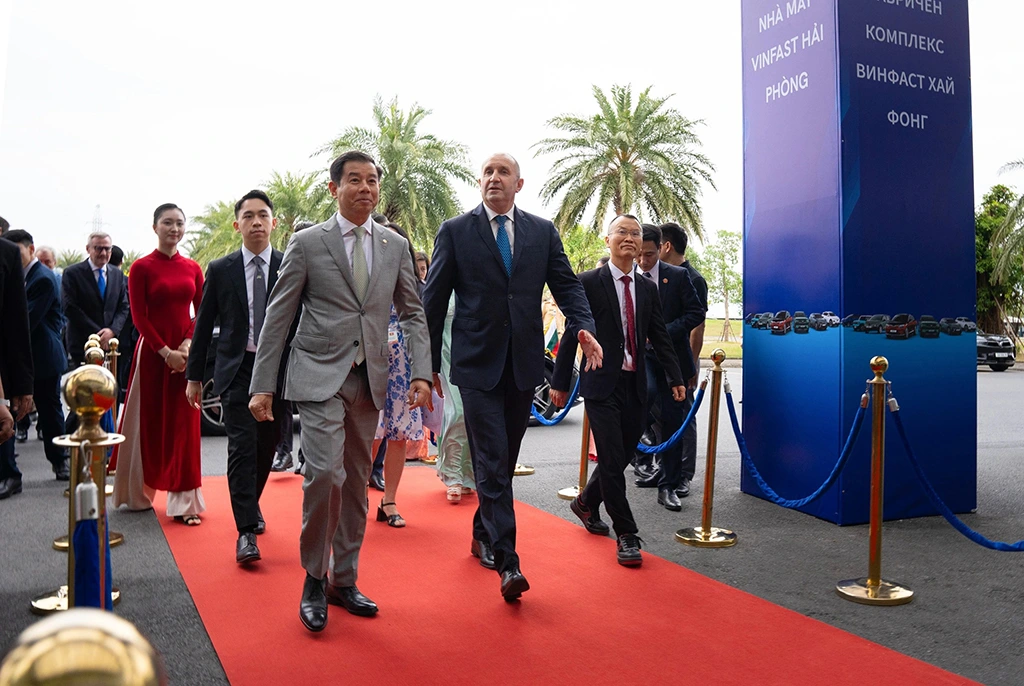

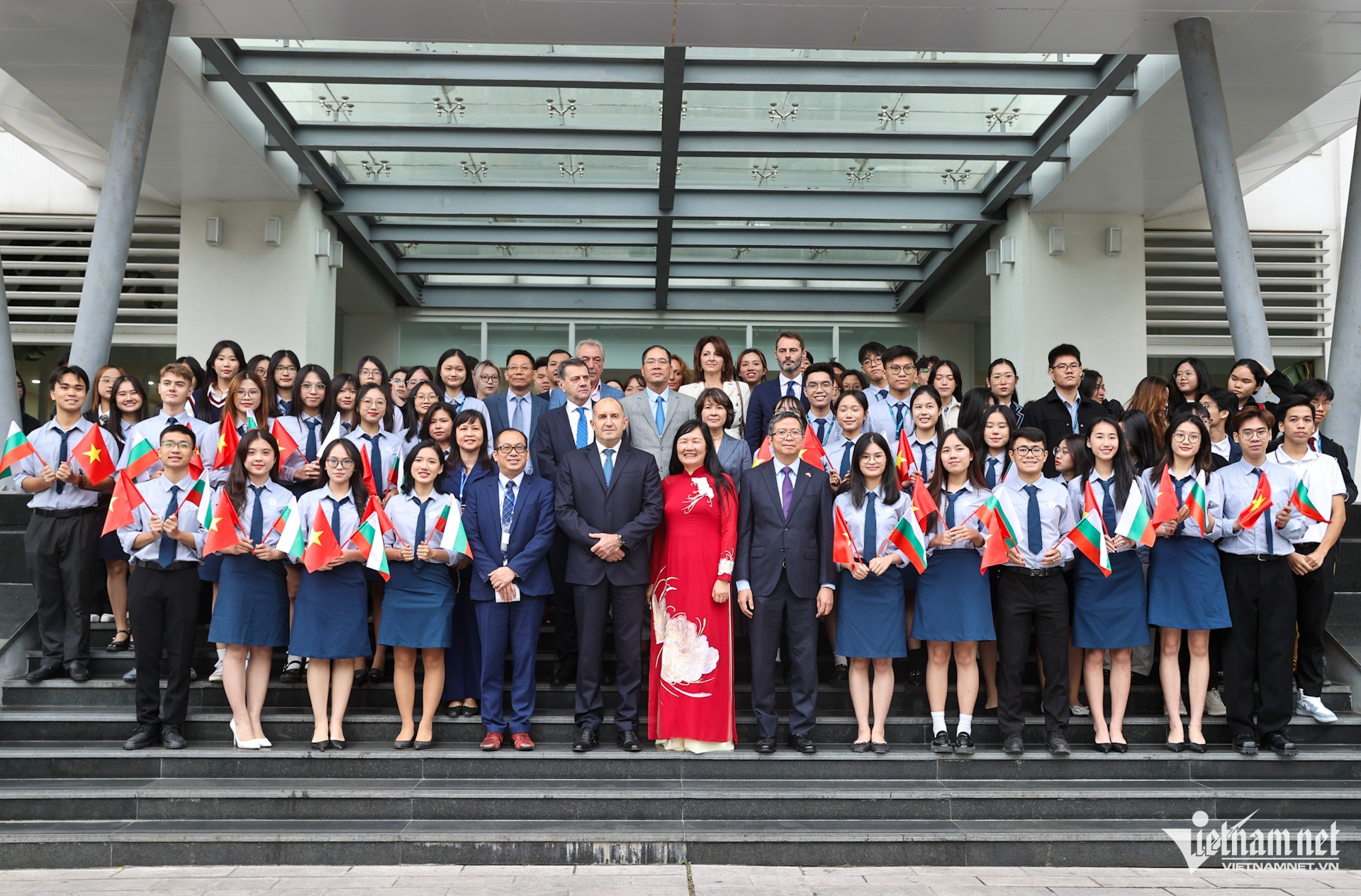

![[Photo] Bulgarian President Rumen Radev and his wife lay a wreath in memory of President Ho Chi Minh](https://vstatic.vietnam.vn/vietnam/resource/IMAGE/2025/1/20/f48a43d70e8442e78d265003225a9a59)

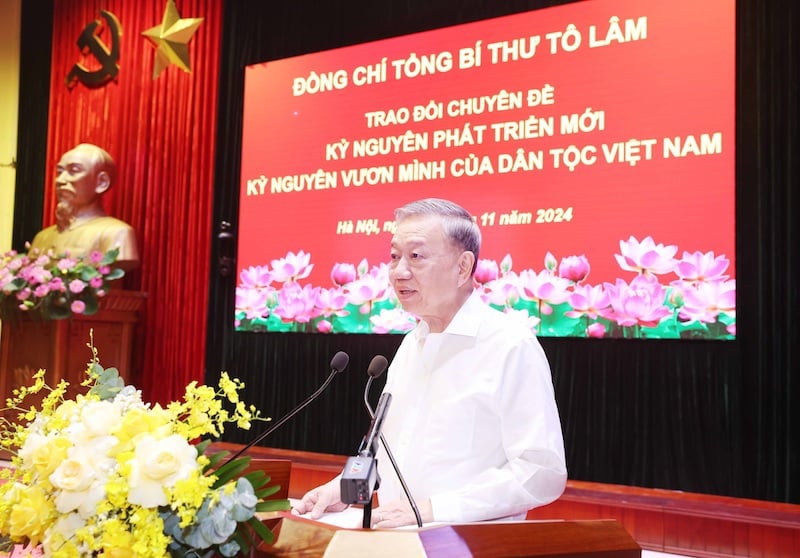
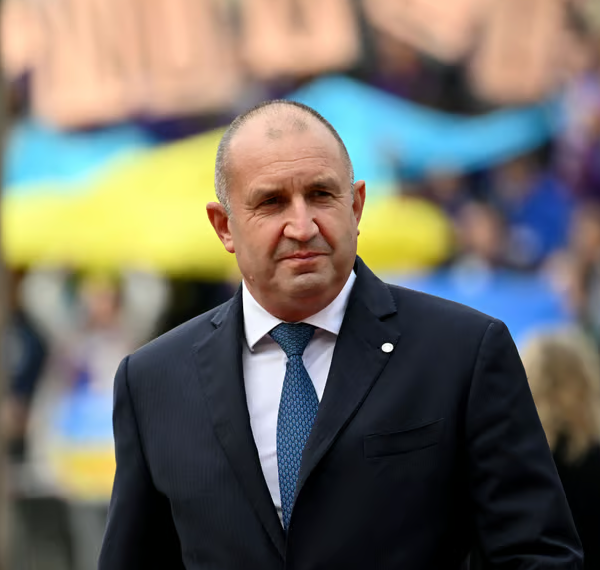
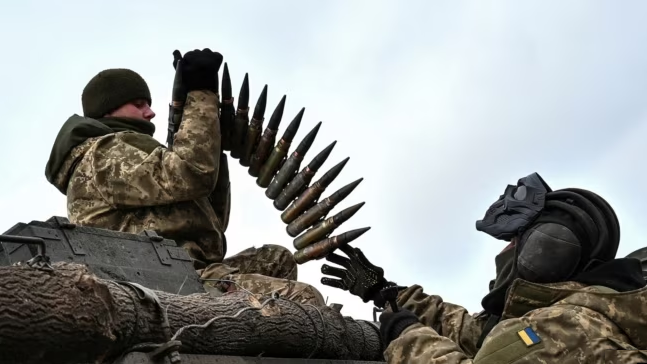


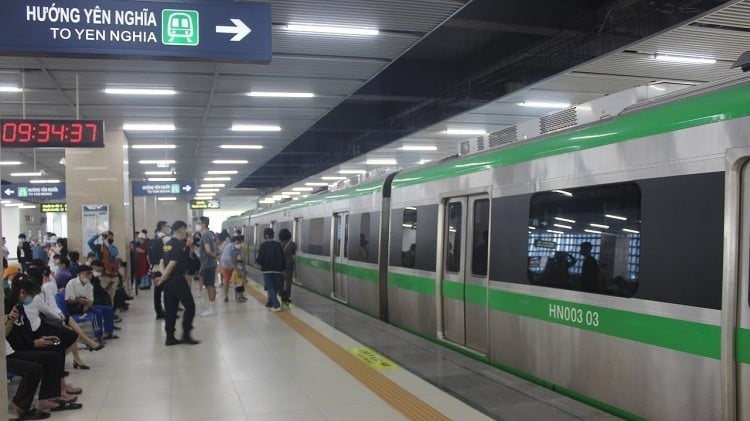

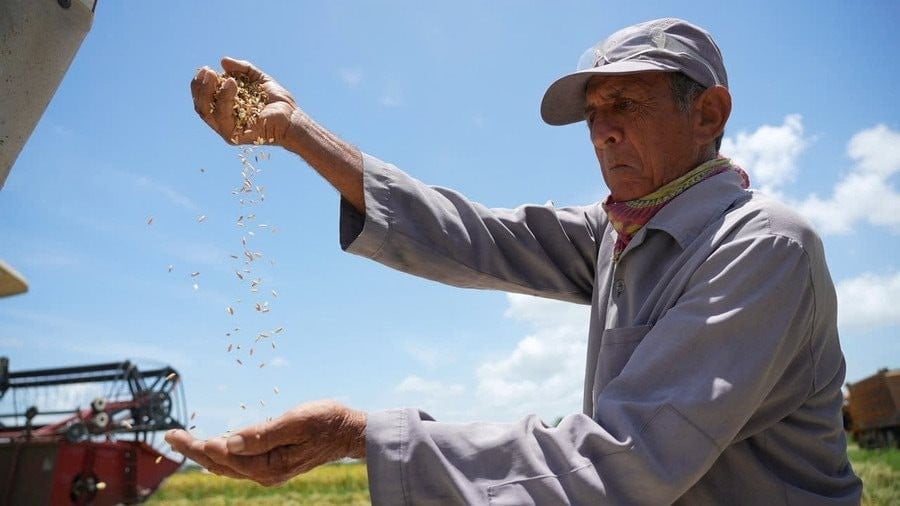
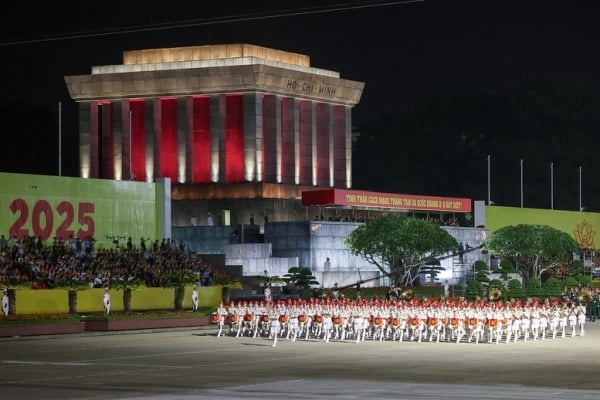
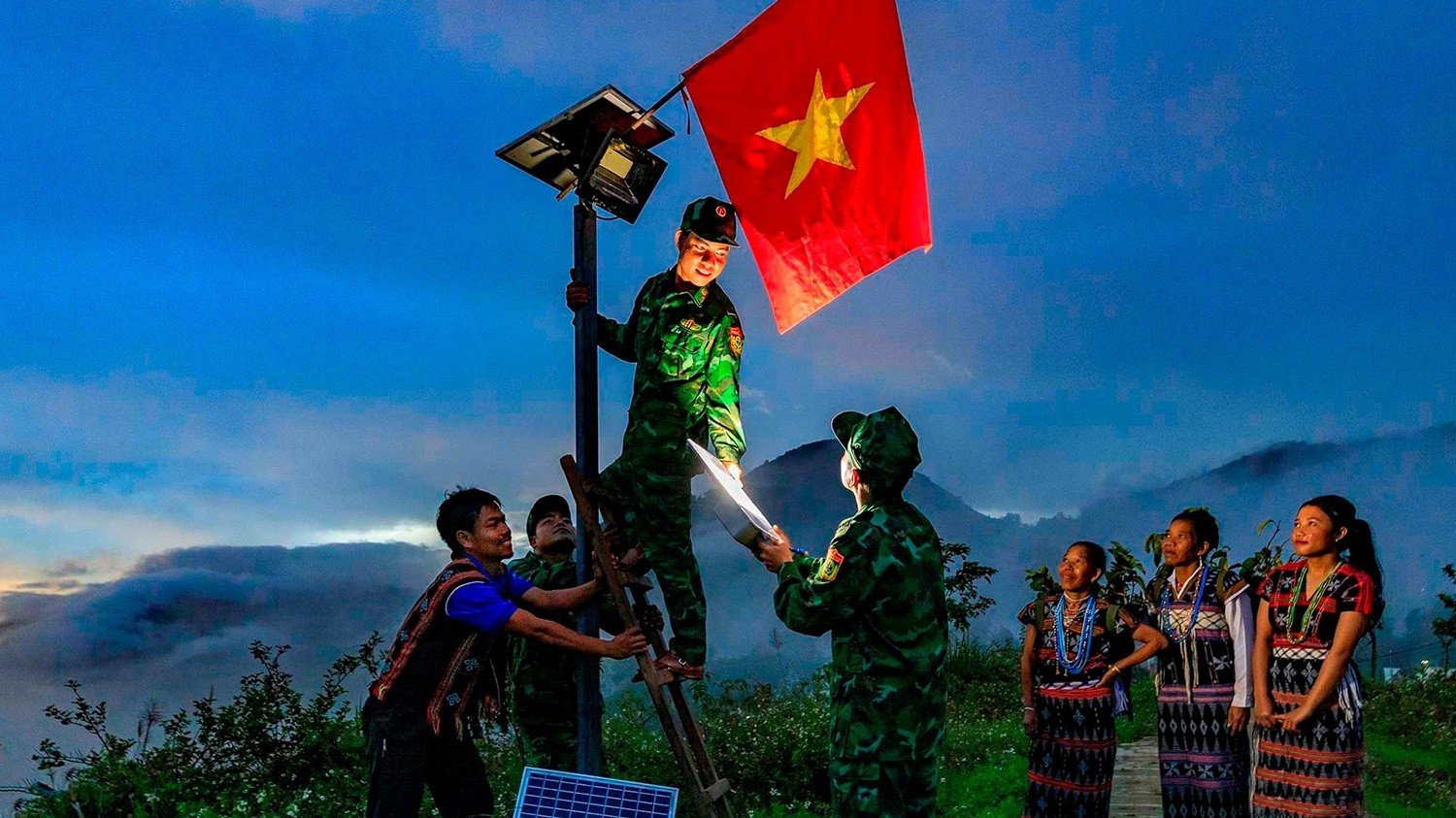



















































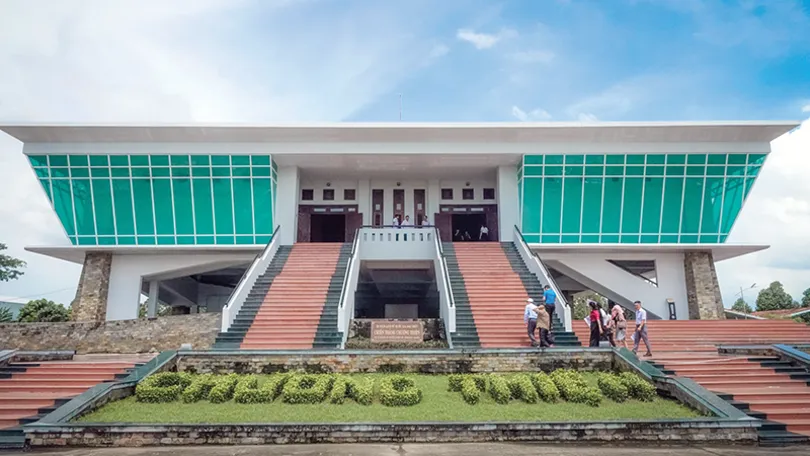



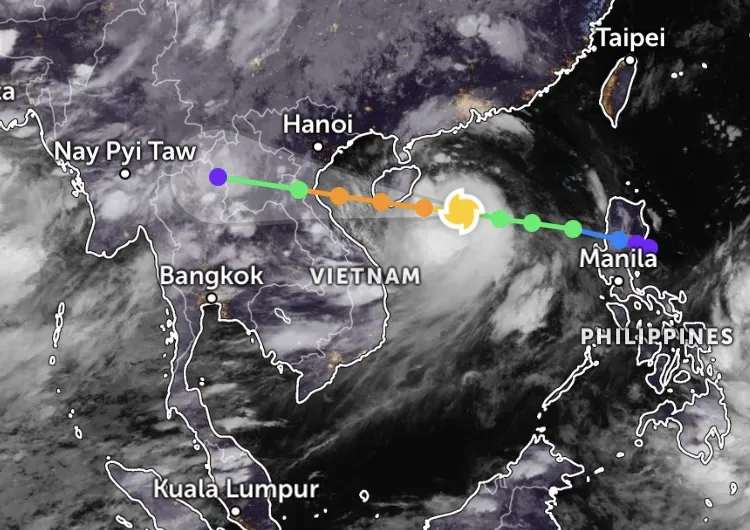
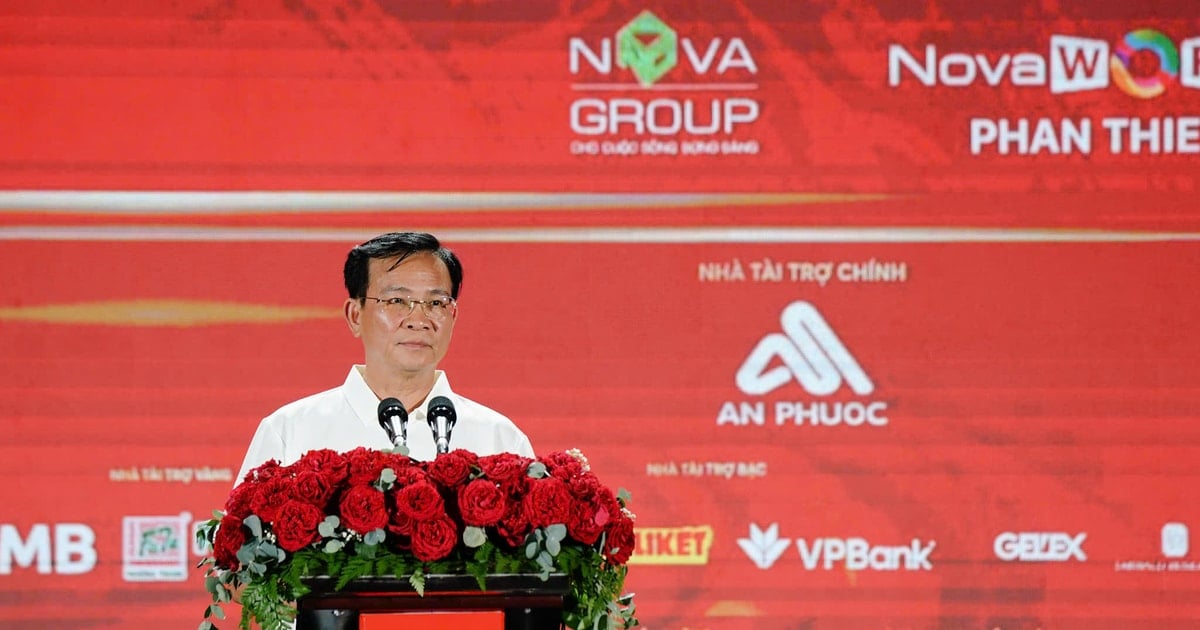

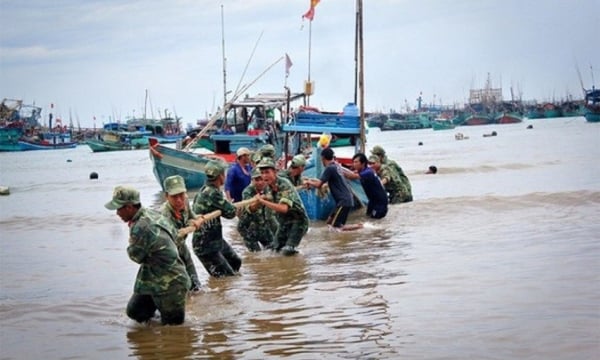

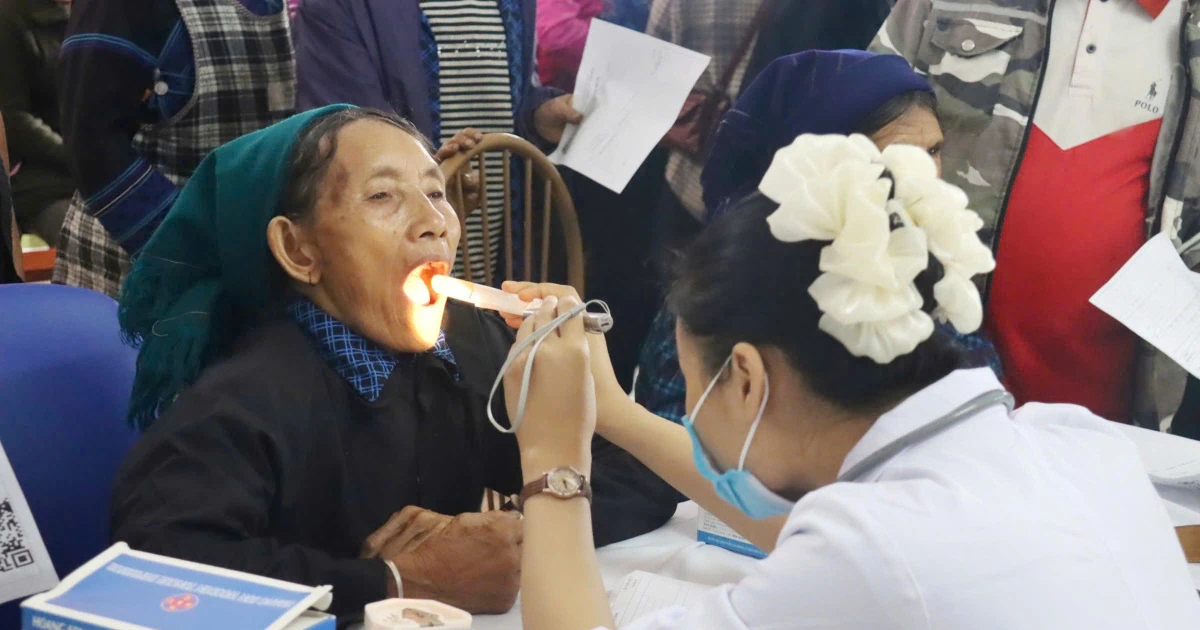















Comment (0)